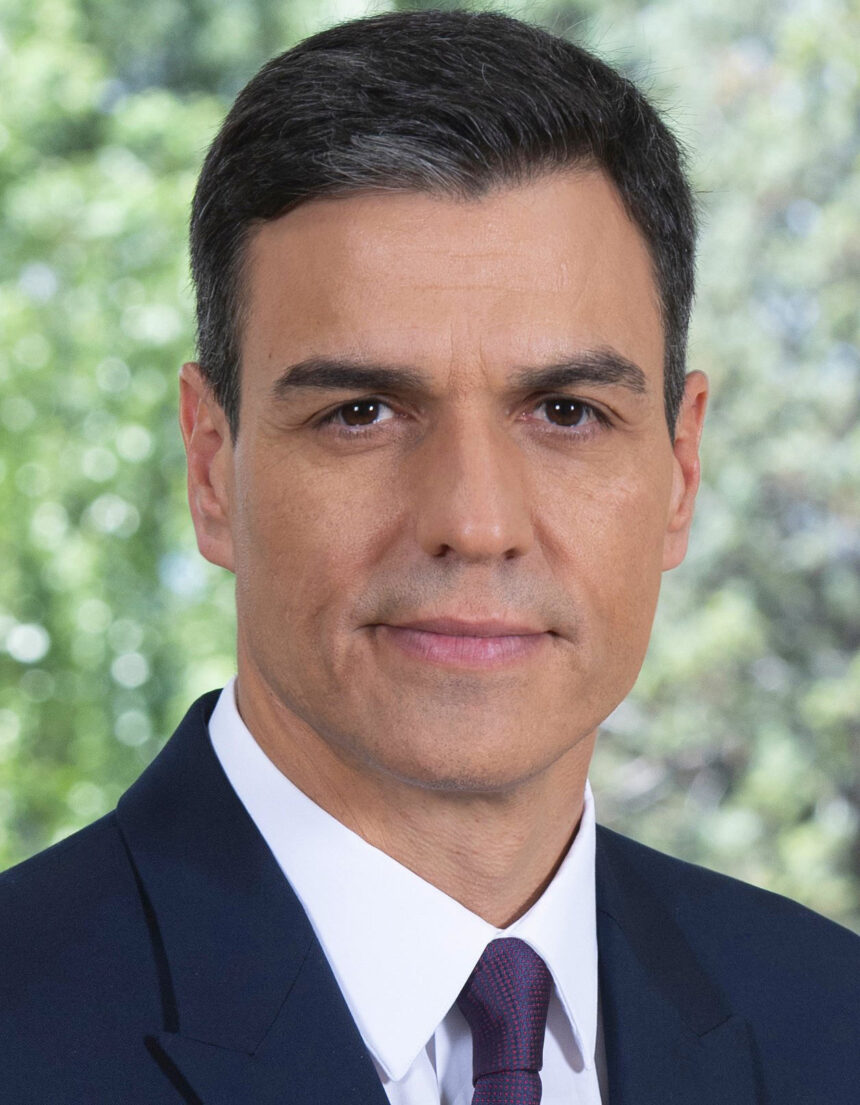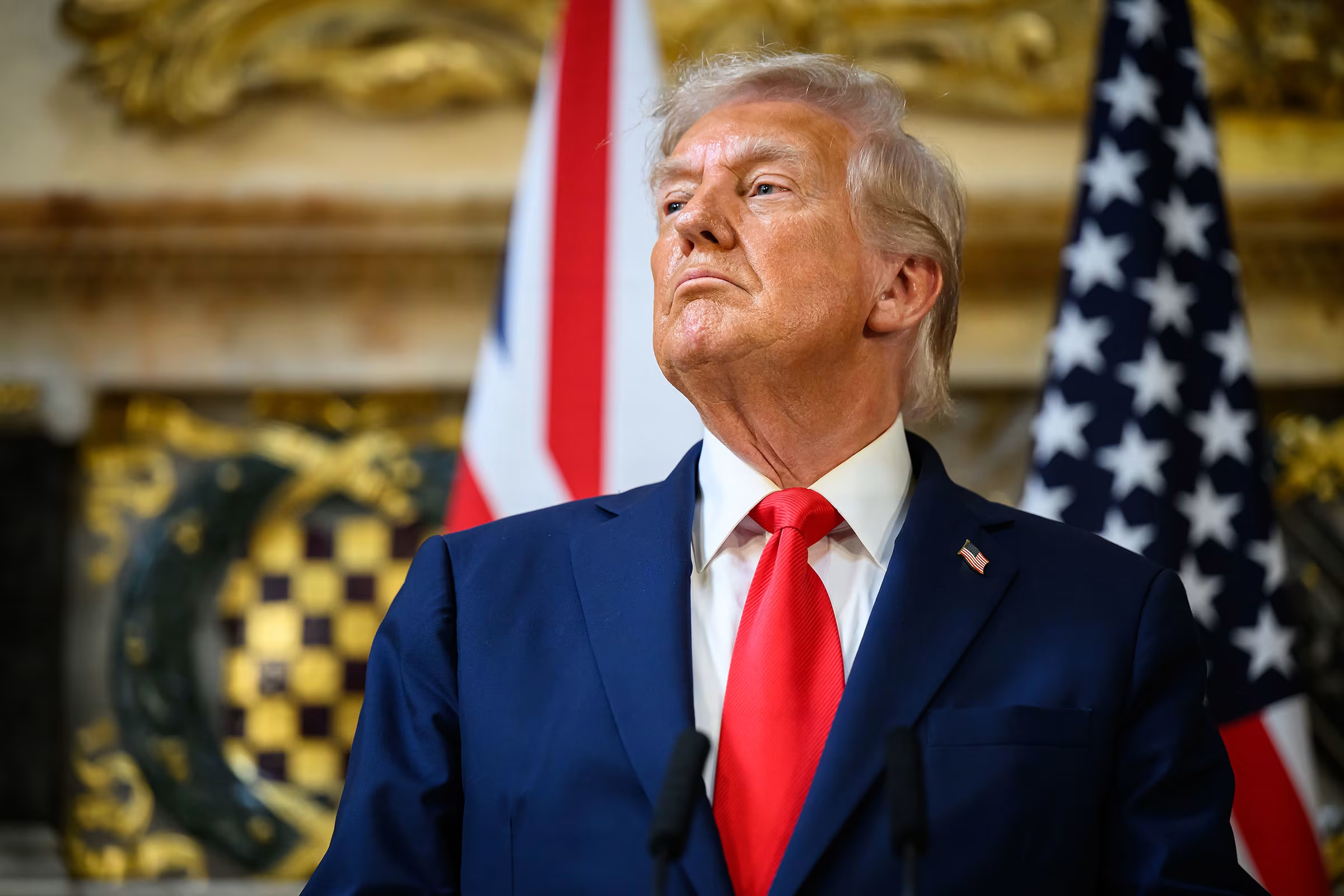Spain has set off diplomatic fireworks after its government approved a royal decree that locks in a total arms embargo on Israel and slams the door shut on goods produced in Israeli settlements across the occupied Palestinian territories. The announcement came from Economy and Trade Minister Carlos Cuerpo, who confirmed that the measures are now formally enshrined in Spanish law.
The decree isn’t just symbolic. It revokes existing contracts, halts all defence exports, and even bans dual-use items — products that could serve both civilian and military purposes. Companies caught trying to bypass the rules now face penalties, while adverts promoting goods from settlements in the West Bank and Gaza are explicitly outlawed. Only in rare “national interest” cases can Spain’s Council of Ministers approve exceptions.
Prime Minister Pedro Sánchez had already signalled this hardline stance earlier in the month, describing Israel’s actions in Gaza as an “illegal occupation” and “unjustifiable assault on civilians.” He vowed that Spain would not be complicit in what he called “genocide in Gaza.” The embargo is one of nine dramatic steps unveiled to pressure Israel and bolster aid to Palestinians.
The move has already sparked backlash. Israel has accused Spain’s government of antisemitism and retaliated by barring Spanish ministers from entering the country. Inside Spain, opposition voices are warning about disruptions to the country’s defence supply chains, since some of its own military components come from Israeli factories. Yet supporters say this is the first serious stand by a European power against Israel’s actions, and they believe others could soon follow.
Now the spotlight shifts to the Spanish Congress, which must ratify the decree within 30 days. If upheld, the measure could reshape Europe’s role in the Israel–Palestine conflict and send a strong signal about where Madrid stands in one of the world’s most polarising wars.









